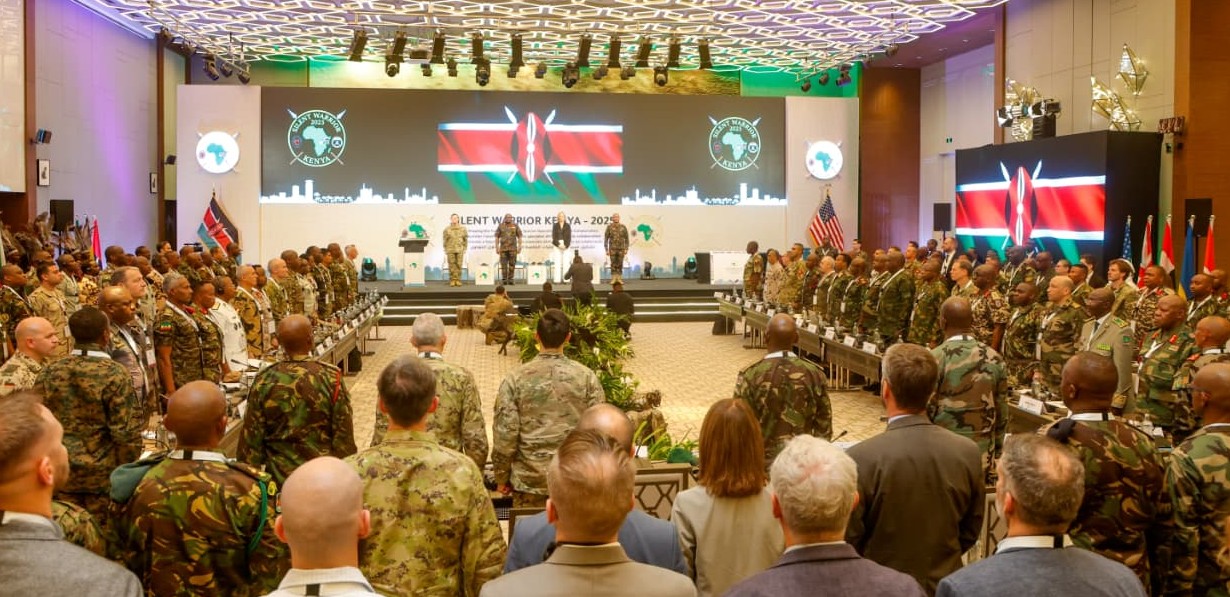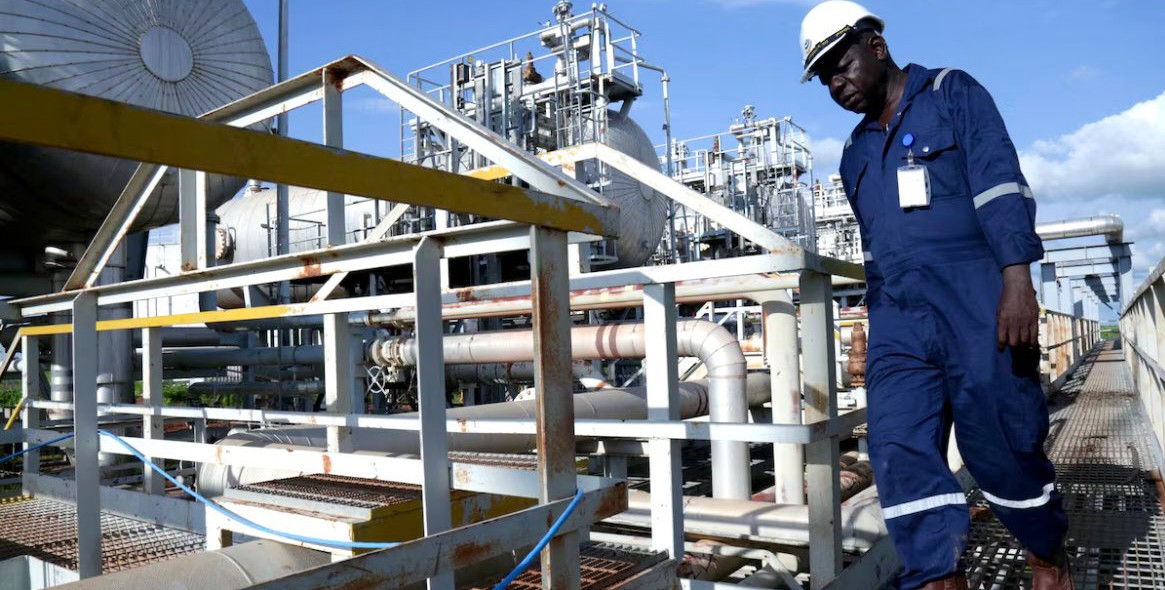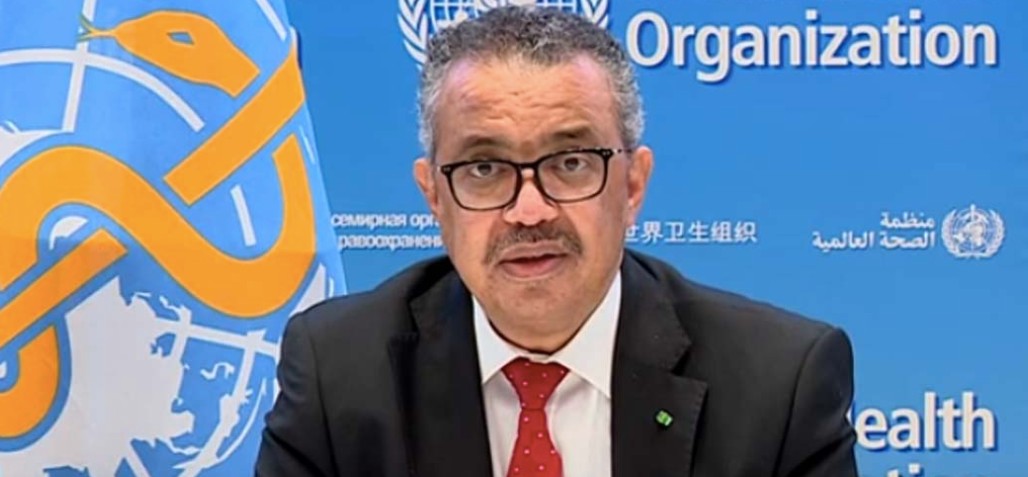Conflicting forensic reports force Mombasa court to close 12-year inquest into Briton’s death
![Conflicting forensic reports force Mombasa court to close 12-year inquest into Briton’s death - British citizen Harry Roy Veeve]rs who died in 2013 and was buried in a Mombasa Muslim cemetery within days, without a post-mortem or police involvement. (Photo: Courtesy)](https://publish.eastleighvoice.co.ke/mugera_lock/uploads/2025/08/Harry-Roy-Veevers-2.jpg)
Senior Resident Magistrate David Odhiambo ruled that the proceedings could not establish Veevers’ cause of death because expert findings were contradictory and his body was badly decomposed.
Conflicting forensic reports have left the family of British citizen Harry Roy Veevers without closure after a Mombasa court closed an inquest that has dragged on for more than a decade.
Senior Resident Magistrate David Odhiambo ruled that the proceedings could not establish Veevers’ cause of death because expert findings were contradictory and his body was badly decomposed.
“Due to the level of decomposition and the conflicting reports by pathologists, the government chemist and other experts, the cause of death remains unknown, and as such, nobody can be called to answer to any charge,” he said.
Veevers died in 2013 and was buried in a Muslim cemetery within days, without a post-mortem or police involvement. The swift burial angered his sons, who accused his long-time partner, Azra Parvin Din, and her daughters of rushing the process to conceal the cause of death.
Poisoning claims
The family claimed he may have been poisoned for financial gain and later secured a court order for exhumation. The inquest, which followed, was handled by several magistrates and heard testimony from 16 witnesses, including relatives, detectives, and forensic experts from both Kenya and the UK.
Some laboratory tests detected traces of cyhalothrin, a pesticide, while others found none. Experts testified that decomposition and possible contamination compromised the reliability of the results. The magistrate also cited procedural failures, such as poor evidence documentation.
Odhiambo ordered the release of Veevers’ remains—kept at the Coast General Teaching and Referral Hospital mortuary for 11 years, six months, one week, and five days—so the family can rebury him at a location of their choice, once they settle outstanding mortuary fees.
He praised the family’s patience, the dedication of judicial officers, prosecutors, and investigators, and acknowledged the media’s role in keeping the matter alive. However, he stressed that without conclusive proof, the law could not assign blame. The court said the inquest would only be reopened if new evidence emerges.
Top Stories Today













































